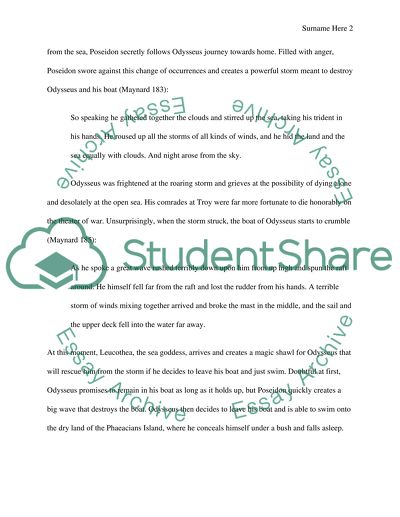Cite this document
(“Term Paper- Odysseus Paper Example | Topics and Well Written Essays - 2500 words”, n.d.)
Retrieved from https://studentshare.org/literature/1490728-term-paper-odysseus
Retrieved from https://studentshare.org/literature/1490728-term-paper-odysseus
(Term Paper- Odysseus Paper Example | Topics and Well Written Essays - 2500 Words)
https://studentshare.org/literature/1490728-term-paper-odysseus.
https://studentshare.org/literature/1490728-term-paper-odysseus.
“Term Paper- Odysseus Paper Example | Topics and Well Written Essays - 2500 Words”, n.d. https://studentshare.org/literature/1490728-term-paper-odysseus.


